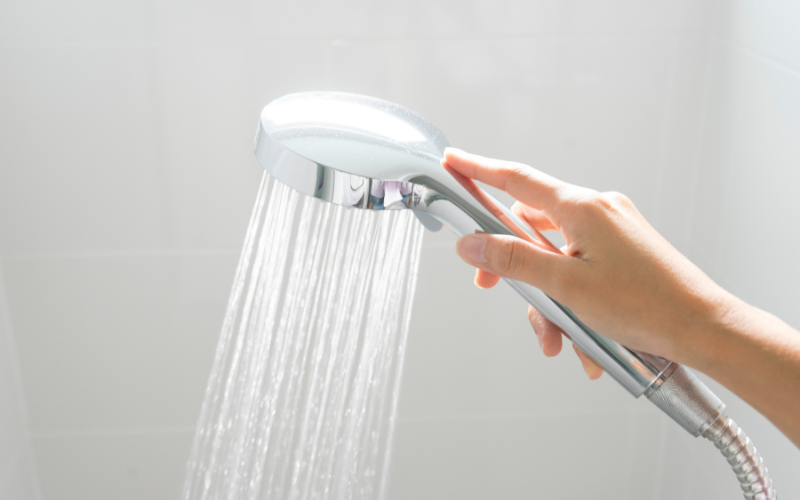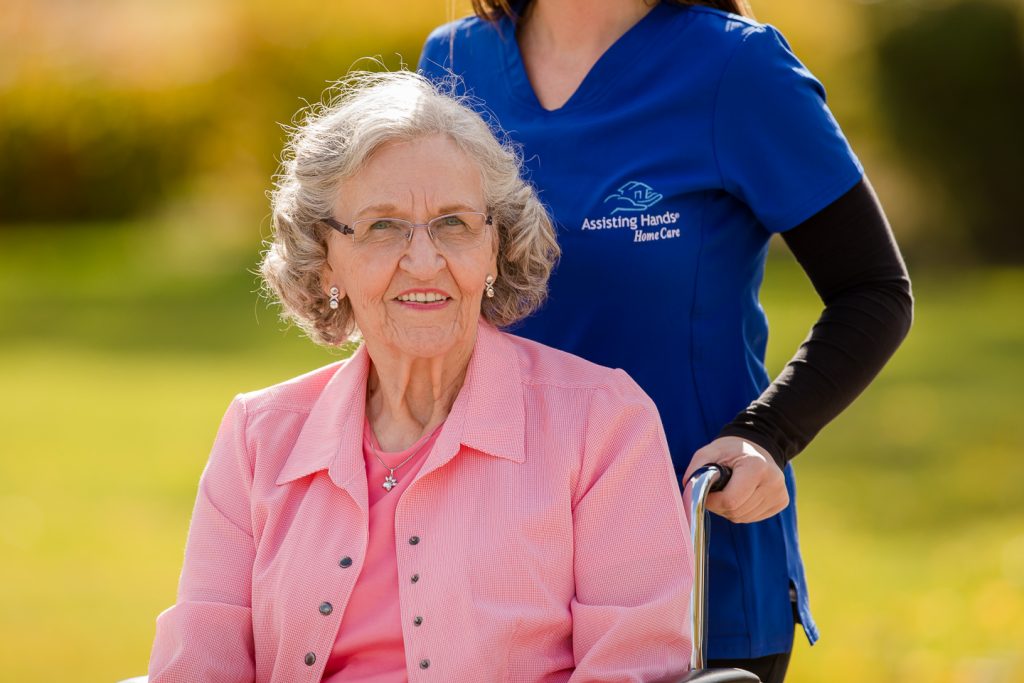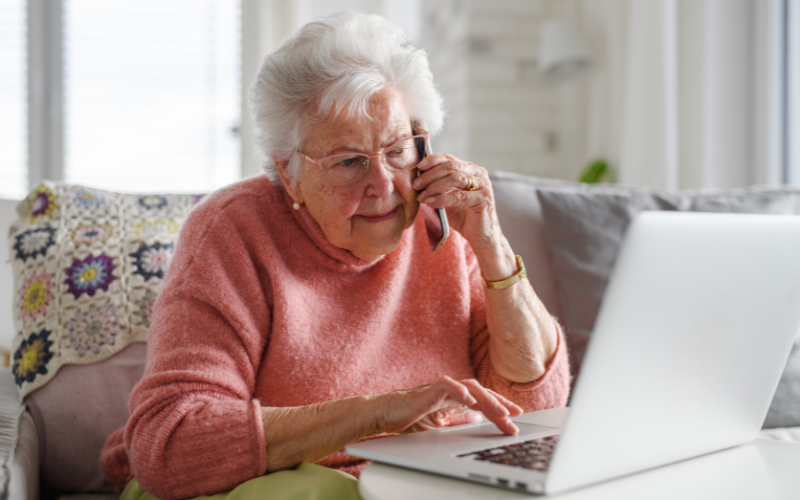
Older adults commonly resist bathing even with the help of a caregiver. But maintaining personal hygiene through tasks like bathing is important to preserve health and well-being. The following are tips to help caregivers bathe their elderly loved ones in a way that everyone feels comfortable.
Why is bathing important?
Health issues can develop without regularly cleansing the body. Skin and urinary tract infections are possible when seniors go for long periods without a bath. Their skin might feel itchy, too. Bathing washes away odors that can leave the elderly feeling unconfident and self-conscious.
How often should seniors bathe?
Seniors do not need to bathe every day. A bath twice a week is sufficient to keep their bodies free from infections. However, daily cleaning with a warm washcloth is necessary on the face, underarms, and private areas. Cleaning these parts helps extend the time in between full baths.
Why do seniors need help with bathing?
Older adults may begin to need help with bathing when their risk of falling increases. Similarly, people living with mobility issues are likely to require assistance in the bath. Receiving support with bathing increases the senior’s level of safety in the slippery bathtub or shower.
Learn more about Bathroom Safety For Seniors
How do caregivers help seniors bathe?
Before plunging into bathing older adults, it is a courtesy to ask them their preferences. The aging person may be uncomfortable having a family member bathe them, for instance. In other cases, the task may fall to a caregiver. Following are ways to respect the senior’s dignity while bathing them.
1. Develop a bathing routine
One of the best ways to avoid resistance to baths is to develop a routine. Dementia patients, especially, thrive in routine, as they know what to expect. Set bath times for specific days of the week. By sticking to a routine, baths become less comfortable for the caregiver and senior alike.
Hang a wall calendar in a spot where the senior can easily see it. Jot down the days when a bath is scheduled, whether it’s a full or sponge bath. Mark an “X” on the days that have passed to enable the senior to keep track of the days.
2. Promote safety in the bath
Safety in the bathroom is paramount. Modify the bathroom so that the senior is less likely to trip or fall. Remove rugs, which can be tripping hazards. Install grab bars on the shower walls to give seniors extra support. Add a shower seat in case the elderly individual feels exhausted.
3. Enhance comfort
Rinsing is easier when the bath is fitted with a handheld hose. A transfer bench is recommended when the senior feels unsteady upon stepping into the bathtub. Keep the bathroom warm. Prior to the elderly individual entering the bath, test the temperature of the water.
4. Keep bath products within reach
Prepare washcloths, soap, shampoo, and towels in advance. If the senior has a favorite scented soap or after-bath lotion, keep these items nearby. Products that are too harsh for the senior’s delicate skin can be switched to gentler ones, such as baby shampoo or soap for sensitive skin.
Aging skin tends to be dry and thin, so it’s best to avoid soaps that contain perfume. Hypoallergenic and fragrance-free cleansing products are gentler on their skin. Do not use cleansers that contain alcohol, as they further dry out the senior’s skin. Opt instead for moisture-rich products.
5. Respect their privacy
Allow some privacy when cleaning intimate areas. Lay a towel over their private areas during the bath, only lifting it when needed. It’s usually helpful when the caregiver bathing the senior is of the same gender. Modesty is a common issue that causes seniors to refuse baths.
6. Give them independence
Some older adults may require help with only certain tasks, like shampooing their hair; but they may be able to rinse out their hair with little or no assistance. Provide as much independence as is safely possible during baths to boost their sense of autonomy, confidence, and happiness.
7. Converse
Caregivers are advised to prepare topics to talk about during the bath. Light conversations help reduce the tension. Avoid performing unexpected steps and instead say what’s coming next, such as, “We’ll apply the soap.” Letting seniors know in advance prevents them from feeling startled.
Check for sores or rashes while washing. After the bath, offer the senior a bath robe to help dry them quickly and prevent chills. Apply a moisturizer to keep their skin from drying out. Lay out a fresh pair of clothes so they can get dressed right away.
Referring to bathtime as a “spa day” increases the senior’s comfort. Play the elderly person’s favorite music during the bath, dim the lights, or give back rubs to make baths more pleasant. If the senior still resists, the services of a professional caregiver may be a more comfortable option.

Older adults may prefer a third-party to help them with intimate tasks, like bathing. Professional caregivers from Assisting Hands Home Care are experienced in helping the elderly bathe safely and comfortably. Our senior home care services also include help with toileting, dressing, and grooming.
A reputable home care agency like ours is essential when seniors need extra support at home. Professional caregivers are responsible for additional tasks, such as healthy meal preparation, grocery shopping, medication reminders, light housekeeping, and local transportation. Our pleasant companion care deters loneliness and isolation.
Care options are flexible and customized to fulfill a senior’s unique non-medical care needs. We’re available for 24-hour care, live-in care, overnight care, and respite care. Specialized elder home care includes compassionate Alzheimer’s and dementia care as well as post-surgical care.
Assisting Hands Home Care caregivers are licensed, bonded, and insured to give families and their elderly loved ones maximum peace of mind. We’re privileged to serve the aging population in Mansfield, TX | Burleson, TX and the surrounding areas. Call us at (817) 592-8843 to schedule a free in-home consultation to learn how we enhance seniors’ well-being and quality of life.







